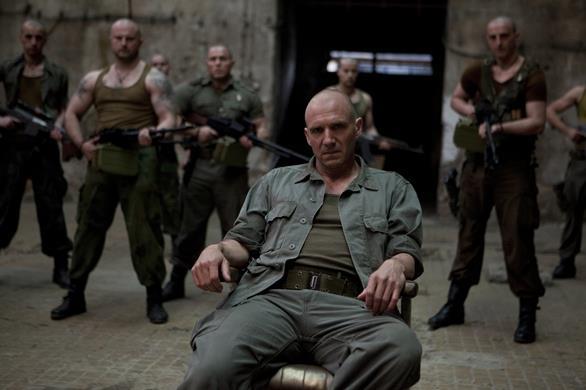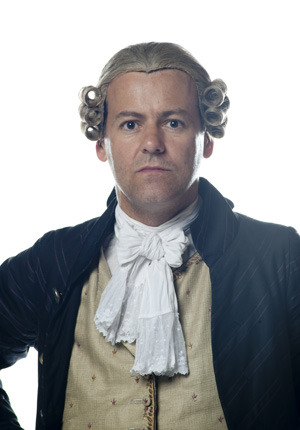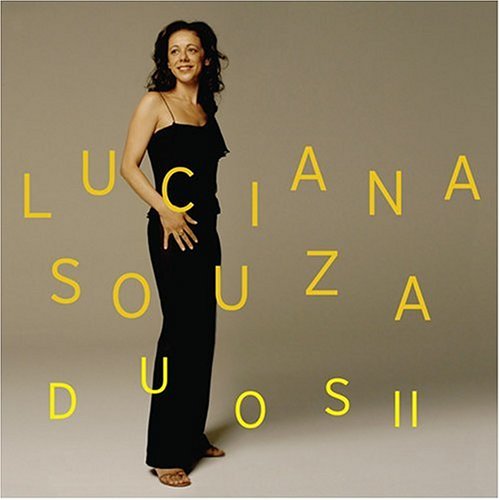
One could argue that Coriolanus is about the uneasy alliance between democracy and military, about the fake purity of the civilian governance, or about election as pandering to "the people" who are not very smart. Yes, it is all those.
But, at the first turning point of Coriolanus' downfall, a suspicion began to float to the surface of my conscious thoughts. The Bard always drills the conflicts of the heart down to family; it seems that he is doing it again. Is it fundamentally a tragedy of parent-child relationship, like King Lear? It was the moment when Coriolanus, who is so clearly unwilling and unfit for campaigning for a civilian post, acquiesced under his mother Volumia's pleas, muttering something like, I'm paraphrasing, OK, OK, I'll do as you say, because I cannot bear your nagging any more.
At the second and final turning point of his downfall, when Fiennes buried his face in Redgrave's dress and wept, "Mother, mother, mother...", it seems clear that the point is clear to him, too. I did everything you wanted me to do, but you've never cared about who I am and what I want. Now you've ruined me and made me sign my death sentence. Is it finally enough? Are you happy now?
I am reminded of inarticulate men who seem to walking around with repressed rage and barely contained violence. Oddly, they often have very domineering mothers. Boys with difficulty expressing themselves are at a particular disadvantage, it seems. Or perhaps it is the other way around --- When the mother is domineering and unable/unwilling to acknowledge the child's needs, the child retreats further into obedience and repressed anger, because he is unable to articulate even to himself his needs that contradict with the mother's wish.
The tiny theater was completely full at the showing. (The screen was so small that it felt like watching a movie in someone's basement.) By the second half of the film, the room was so hot and stuffy that I was barely conscious. Oddly enough, by this time, Vanessa Redgrave's line reading sounded the worst. I could not understand half of what she was saying, and she was more incomprehensible than Gerard Butler's Scottish accent. In contrast, Fiennes' and Brian Cox's line readings were always effortlessly and impeccably crisp. I almost thought Redgrave may have early signs of Parkinson's disease, given the shakiness of her vocal delivery that recalls a late Katherine Hepburn.
There is some sort of homoerotic undercurrent between Coriolanus and Aufidius in the movie. The cinematography and editing seem to suggest that knifing someone is such an intimate way of killing, even more than strangling (not that I would know :P).
















